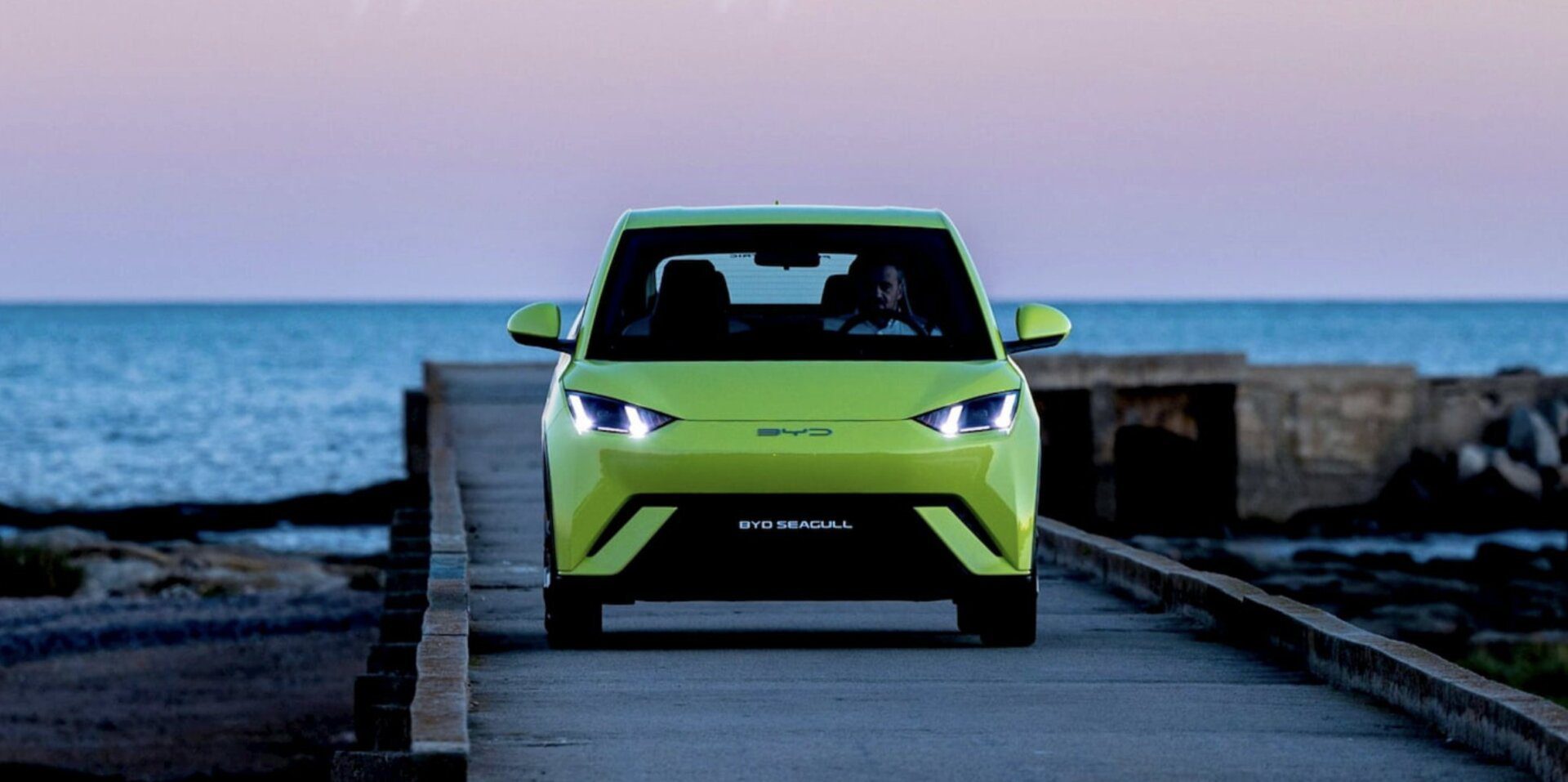
Tesla’s soaring market valuation stems in part from the belief that it transcends the traditional car manufacturing paradigm, positioning itself instead as a leader in AI and robotics. The focus has shifted away from simply selling a $25,000 electric vehicle aimed at fostering a sustainable future to developing advanced AI software capable of enabling self-driving cars and robotics intended to replace human labor.
However, it’s clear that the race for automotive autonomy involves multiple players. While Waymo has already rolled out fully autonomous taxi services and is expanding rapidly across the U.S., Chinese companies are also making significant strides in the realm of autonomous driving technology. Notably, they are bringing this technology to electric vehicles that are substantially more affordable than Tesla’s offerings. For instance, the BYD Seagull, priced at a mere $9,500, has quickly gathered attention. The Chinese manufacturer, which has surpassed Tesla in domestic sales, recently announced that it will incorporate its “God’s Eye” intelligent driving functionalities into this budget-friendly model.
Business Insider previously reported the announcement made during a BYD event. Historically, BYD had limited its advanced driver assistance features to higher-end vehicles priced over $28,000, as noted by CEO Wang Chuanfu. By extending this technology to the Seagull and other models without additional costs, Chuanfu emphasized the belief that “good technology should be available to everyone.” Other BYD models, including those from the Ocean, Han, Song, and Yuan series, as well as hybrid vehicles, will also benefit from these advancements.
According to BYD, the level of autonomy in their cars will vary based on the sensors equipped. Some of their higher-priced vehicles come with LiDAR sensors, similar to those used in Waymo’s fleet, offering more efficient and accurate detection of surrounding objects, especially in challenging conditions like low light or adverse weather. In contrast, Elon Musk of Tesla contends that camera data alone is sufficient for autonomous driving when trained on extensive real-world driving data. Musk has projected the launch of a limited autonomous taxi service by 2025.
The Chinese government has prioritized the transition to electric vehicles through substantial incentives, allowing BYD to achieve profitability in its electric vehicle sector—a milestone reached only by Tesla until now. This transition is crucial for China, as companies like BYD expand into international markets, including Europe and South America, while traditional Western brands are losing ground. BYD reported over 4 million vehicle sales in 2024 and has established factories in countries such as Brazil, presenting itself as a job creator and contributor to local economies. This move represents significant soft power for China on the global stage.
Critics in the U.S. argue that China should face repercussions for subsidizing its automotive sector to dominate international markets. However, the U.S. also engages in similar practices to support various industries. Notably, BYD has achieved self-sufficiency in producing high-quality electric vehicles and no longer relies on government aid. While developing a new automotive platform entails considerable initial costs, there is nothing intrinsically wrong with governmental support if it aligns with important policy goals.
BYD initially focused on manufacturing batteries for other companies. Recognizing that batteries are the most costly and complex components of electric vehicles, BYD expanded into creating its own cars over 15 years ago, now becoming a top automaker in China.
Recent videos from China suggest that the self-driving technologies emerging from the country could rival Tesla’s Full Self-Driving (FSD) system, which faces challenges launching in China due to stringent data regulations. Reports suggest that Tesla has had to adapt by analyzing street-view images online to train its autonomous technology for China’s intricate road networks. The company aims to introduce FSD in China by 2025, although Tesla is known for missing its projected timelines.
As for Tesla CEO Elon Musk, he seems to be diverting his focus to various political issues in Washington, D.C., spending less time on Tesla’s operational priorities, such as addressing controversial scenarios and trimming non-essential expenditures. Last week, President Trump halted the rollout of funds for electric vehicle charging infrastructure, and there are expectations that tax incentives for EV buyers may be withdrawn. While Western automakers remain committed to electrification, they have slowed down their capital investments as EV sales growth, particularly in the U.S., has decelerated. Many consumers still find electric vehicles too expensive and report insufficient charging station accessibility. Consequently, Tesla has experienced a significant decline in sales in key markets like California and Germany, indicating that Musk’s recent political maneuvers may be impacting the company’s performance.









